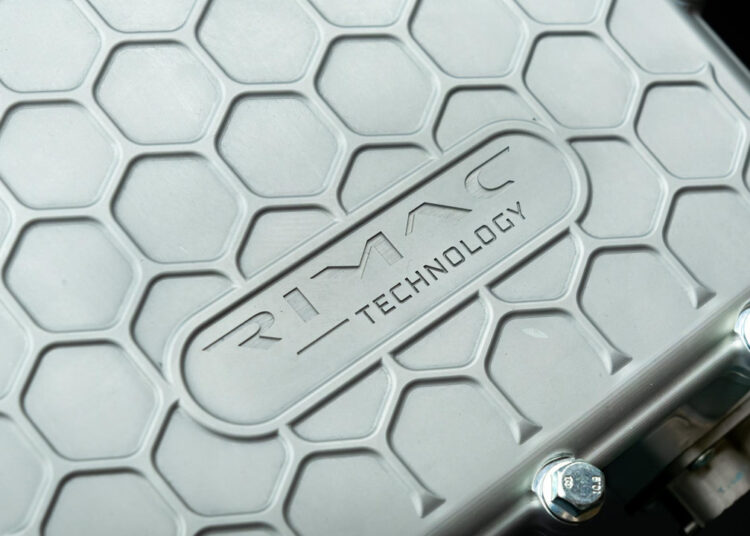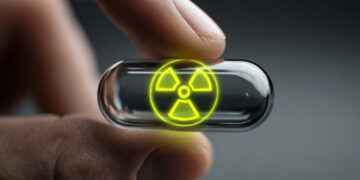Electric vehicles are becoming faster, more efficient, and more sustainable every day. One of the most critical components of this transformation is undoubtedly battery technology. Now, a notable step has been taken in this field by Rimac Technology. The company, known for its electric supercar Nevera, announced a new battery platform composed entirely of solid-state batteries.
The introduction of this new technology was made at the IAA Mobility 2025 event held in Munich. According to Rimac’s statement, the developed system is lighter and safer than traditional lithium-ion batteries. It is also stated that the energy density has been significantly increased.
Rimac developed this new generation battery technology together with ProLogium and Mitsubishi Chemical Group. It is no coincidence that solid-state batteries are currently considered one of the most promising technologies for electric vehicles. These systems, which occupy less space compared to lithium-ion cells, can carry higher energy, and reduce fire risk, hold great potential for both manufacturers and users.
However, although the future of this technology looks bright, the transition to commercial use is proceeding more slowly than we might have expected. Solid-state battery research, which has been on the agenda for a long time, has not yet appeared in fully ready-to-ride vehicles.
Some automakers have started to give a timeline for their first models powered by solid-state batteries. For example, Nissan announced that it aims to release its first vehicle with a fully solid-state battery by the fiscal year 2028. Rimac, on the other hand, is more cautious. The company did not share a clear timetable regarding when its new technology will be available to customers or integrated into production.
On the other hand, Rimac can use this new battery platform not only for its own vehicles but also in solutions offered to business partners such as Aston Martin and Koenigsegg. This means the technology can find a wide range of applications from supercars to mainstream models.
While it is not certain when solid-state batteries will be adopted for daily use, investments made by companies like Rimac seem poised to accelerate this process.









